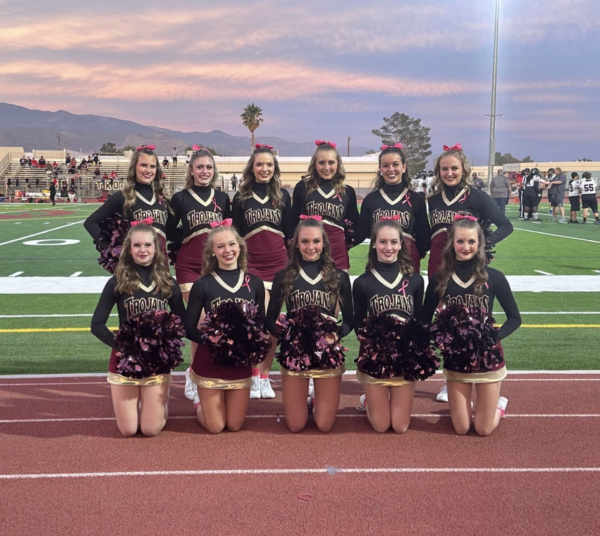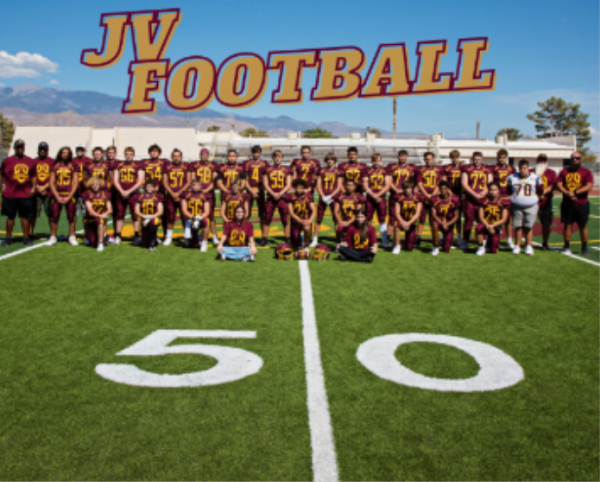The English Slang-uage
Proper English does not exist in our modern everyday language. In fact, if anyone is caught speaking proper English, they are thrown strange looks and are referred to an advanced English class. In the face of all of this, slang has taken the place of many common words in the English language.
Some of the most commonly used words in slang are lit and savage, which for strange reasons are very popular. They are used to describe something awesome but in the English language they have completely different meanings.
The word lit refers to the past participle of light or “having been ignited; burning” which is nothing to do with being awesome (Oxford Dictionaries). And the term savage is definitely not a positive connotation to those who know its true meaning: “fierce, violent and uncontrolled” and “primitive and uncivilized” (Oxford Dictionaries). Yet people still have found a way to use them as a replacement for common adjectives.
However, there are words that are even more absurd that have been used, such as “tubular” and “roasted.” As ridiculous as it sounds, these words are still hilarious when spoken randomly in a sentence. They simply don’t imply the idea that something is cool or that someone has just been insulted (or “triggered”) in public.
Slang is also used in forms of affection. In public schools, couples are constantly replacing each other’s normal names with words like “bae” and “boo.” Of course, pet names like this are a part of loving relationships, but in certain cases, some might actually find it discomforting to be called “poop” or to be openly booed by their dates. But despite all of this, no one seems to acknowledge what they are really saying to each other.
It’s even in our everyday body language. Teens often “dab” after making a clever joke or comeback or flash peace signs while taking a selfie without even realizing a “peace sign” is just holding up the middle and index finger at the same time. Even positive forms, like a thumbs up sign, is simply flashing a thumb at someone as a way of saying “Good job!” or whatever else.
Now, of course, it is all good fun and a normal part of speech and actions to use slang in such blatant forms. As long as it doesn’t offend anyone, it is acceptable; however, many of the words are being used for humorous purposes as well as “salty” comebacks.
Slang is known as the “lazy way of speaking,” but it is the most humorous form of English as well. “I think the word ‘lit’ is the most laughable,” says PVHS teacher Mr. Lightfoot, “because it’s a dated term and people get weirded out when I say it.” And, of course, it really is weird hearing a grown man speak like a rambunctious teenager.
As generations age, slang becomes even more diverse. New words are trending in and out (and sometimes back in again) and all the while, the prim and proper are left feeling quaint and retro around their fellow “cool cats.”






Saul Bautista • Jan 19, 2018 at 2:06 PM
Slang is more popular than ever and will only continue to grow among teenagers in upcoming years. I like the fact that you chose to cover a topic no one else would do and make it very interesting and the title is captivating.
Alexis Norman • Jan 19, 2018 at 1:59 PM
Reading this really made me think about how much slang I hear people say. And how much slang I use. I really liked reading this article; it made me smile. Because I thought it was kinda funny.
Sabrina Jaynes • Jan 19, 2018 at 1:41 PM
I believe that slang has existed for hundreds of years and will never cease to exist. Slang is just words that the current generation have created to fit into one’s style of talking, and as everything does, the words will begin to fade away. Great article and very informative.
Robin Benbo • Jan 19, 2018 at 1:40 PM
Let me start with the fact that I love the picture, it’s totally lit. Your article is very interesting and I really enjoyed reading it. Your writing is always really great and I really like reading stories you write. =)
Karley Broadhead • Jan 19, 2018 at 1:39 PM
This article is well written and satirizes the over use of slang in today’s generation. Some of them are extremely odd and this article shows that slang has always been a bit strange.
Madison Dunn • Jan 19, 2018 at 8:20 AM
I’m glad someone decided to acknowledge the over use of slang. It was well written and very informative.